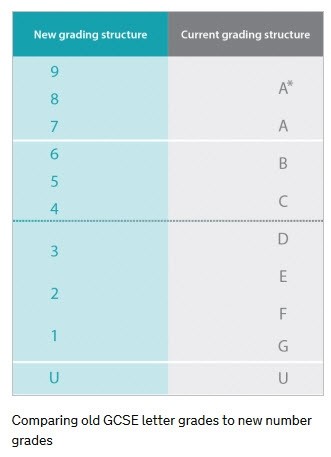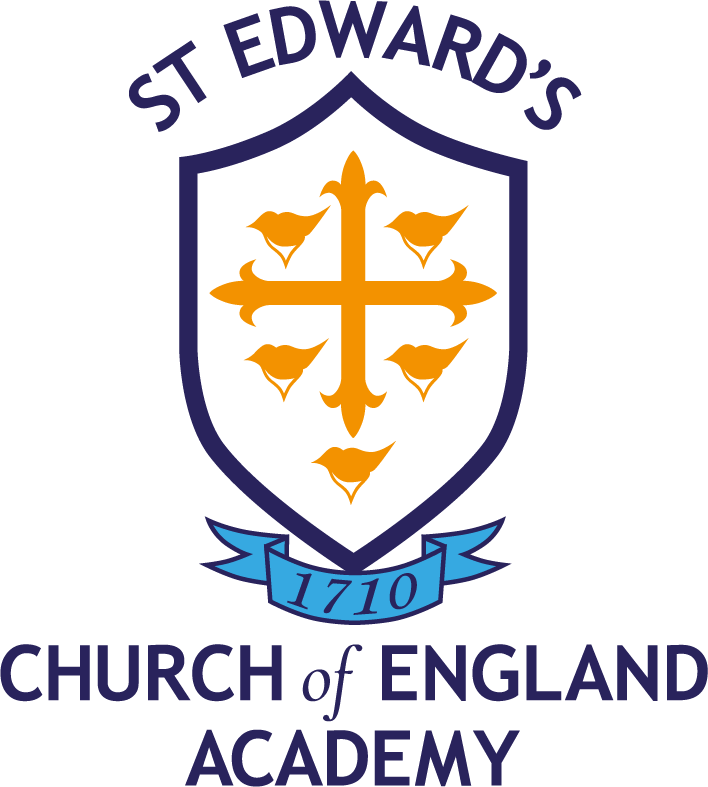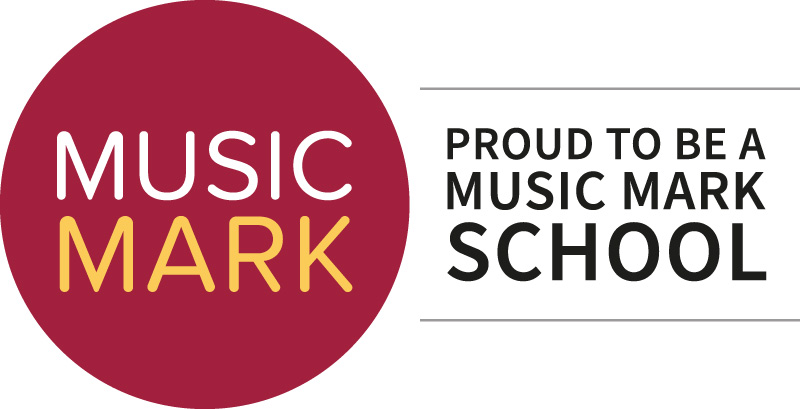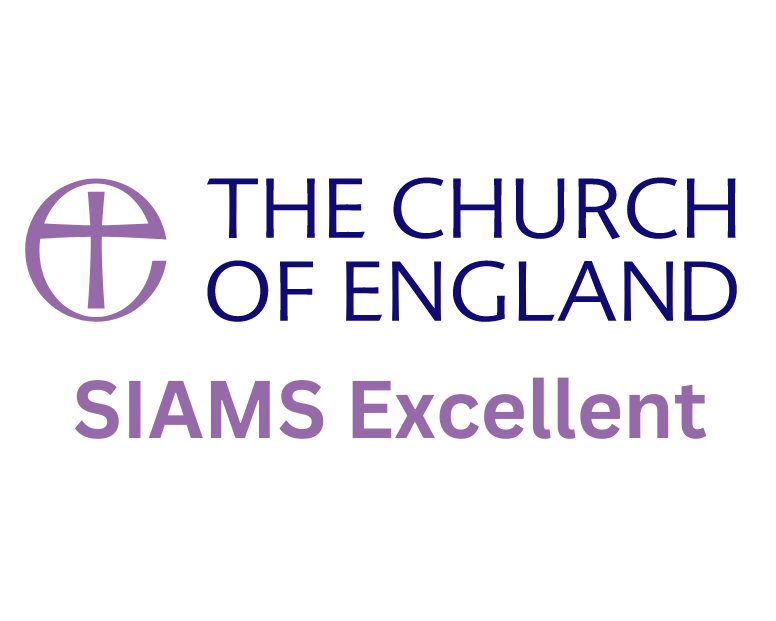What are GCSEs?
These are the general qualifications you will do usually in Y10 and Y11.
You will choose your GCSE subjects in Year 9 and then study these subjects until Year 11.
You are likely to study between 7 and 9 GCSE subjects. GCSEs are assessed by exams taken at the end of the two year course.
GCSEs include subjects:
- You have to do – such as English, Maths and Science.
- You can choose to continue with or not – such as Art, History or PE
You might also be able to choose courses which are new to you, which might be work related qualifications – such as sociology, business studies etc…
Most GCSEs will be good general preparation for further learning and work so it’s not crucial to choose specific subjects to fit with a specific career at this stage.
Tips for how to choose and how not to choose your GCSEs
Choosing a subject because:
- You’ve heard it’s easy
- Your parents want you to do it
- You like the teacher [you may not be in their class]
- Your friend says they’re doing it! [you might not be in the same class]
How to Choose
- Attend year 9 options event at school [bring your parents too]. Make sure you ask questions about what’s involved in the subjects and what you’ll be learning about. It might be very different to what you have studied so far. Does it sound interesting? Do you think you will enjoy it?
- Ask your parents and teachers for advice as they know you best, and if you have any friends or brothers and sisters who have done the course already – ask them about it.
- Find out how the course is assessed? Are you someone who does better in coursework than in exams? If so, some of the vocational [work related] courses might be worth considering.
- Log into Unifrog using your school email address and use the careers library to find out more information about specific careers.
Think about your plans for the future
No idea what you want to do after your GCSEs? Don’t worry, choose a mix of GCSE subjects to give yourself as many different options as possible.
If you like one of your GCSE subjects and are looking for ideas of what careers or courses it could lead onto go to the following websites:
- https://www.unifrog.org/student/subjects
- https://www.careerpilot.org.uk/job-sectors
- https://careerpilot.org.uk/job-sectors/subjects
Know what you want to do in the future?
Some careers such as architecture, vet, working with languages etc. may require specific degree courses.
In this case work backwards – to get into these degree courses you may need specific A levels/Level 3 qualifications, and to do these you may need certain GCSE subjects and grades.
Check out what GCSE/A level subjects and grades you need for particular degree courses on informed choices and UCAS.
How your GCSE grades could affect your choices at 16

How GCSEs are assessed and graded
The way GCSEs are assessed and graded was changed in 2017 to make them more challenging. They are now graded 1-9 (9 is the highest). Grade 9 is higher than the previous A*, a 4 is accepted as a pass for most Level 3 college courses and a 5 is regarded as a strong pass.
See in the following chart how the new system compares to the old system.
What are the most important GCSE subjects?
Maths and English are the most important subjects as they are a requirement for most courses, apprenticeships, jobs and university degrees. You will usually need at least a grade 4 and above in Maths and English before you can get into these. With a grade 4 and above in Maths and English you will have a much greater number of opportunities open to you.
Some sixth forms and most colleges offer a range of Maths and English courses for students who need to retake one or both of these subjects after 16.
Whether you go into an apprenticeship, sixth form or college you will need to continue to study Maths and English alongside what else you are doing until you are 18 or achieve a grade 4.
How GCSE grades can affect what qualifications you can do at 16
You may need to have a certain number of GCSEs at a specific grade to apply to sixth form and this can vary from school to school depending on what courses they offer.
Sixth forms that offer academic courses such as A levels may require specific grades and these vary. For instance they may require 5 GCSEs grade 6 and above and at least grade 6 and above in the subject you want to study at A level.
These days, many sixth form and sixth form colleges offer a range of different pathways that include more practical vocational courses alongside A level – these may require lower entry requirements, for example
- 4 GCSEs grade 5 and above for a combined programme of A level and vocational subjects such as BTEC or Cambridge Technicals
- 4 GCSE grade 4 for practical and vocational subjects such as BTEC or Cambridge Technicals.
What can you do if you’re expecting mainly GCSE grades below grade 4?
The good news is that there are lots of choices available for you, even if you might struggle to get grade 4s in your GCSEs. There are practical and vocational courses offered by FE colleges which are offered at all levels – no matter what grades you start with. For instance there are Level 1 qualifications which may not have any specific GCSE requirements through to Level 2 qualifications that may require 4 GCSEs at grade 3 and above. You will have to do Maths and English at the right level for you alongside your course until you gain a grade 4 in the subject.
Higher GCSE grades may lead to better paid and advanced apprenticeships
- The level of apprenticeship you start at 16 years old, will depend largely on your GCSE grades especially in Maths and English.
- If you have 4 GCSEs grade 4 and above including Maths and English you could start on a level 3 Advanced apprenticeship, compared to a level 1 or 2 Intermediate apprenticeship if you do not.
- The salaries for level 3 / advanced apprenticeships tend to be a lot higher than intermediate level 1/ 2 apprenticeships.
- Find out more about:






